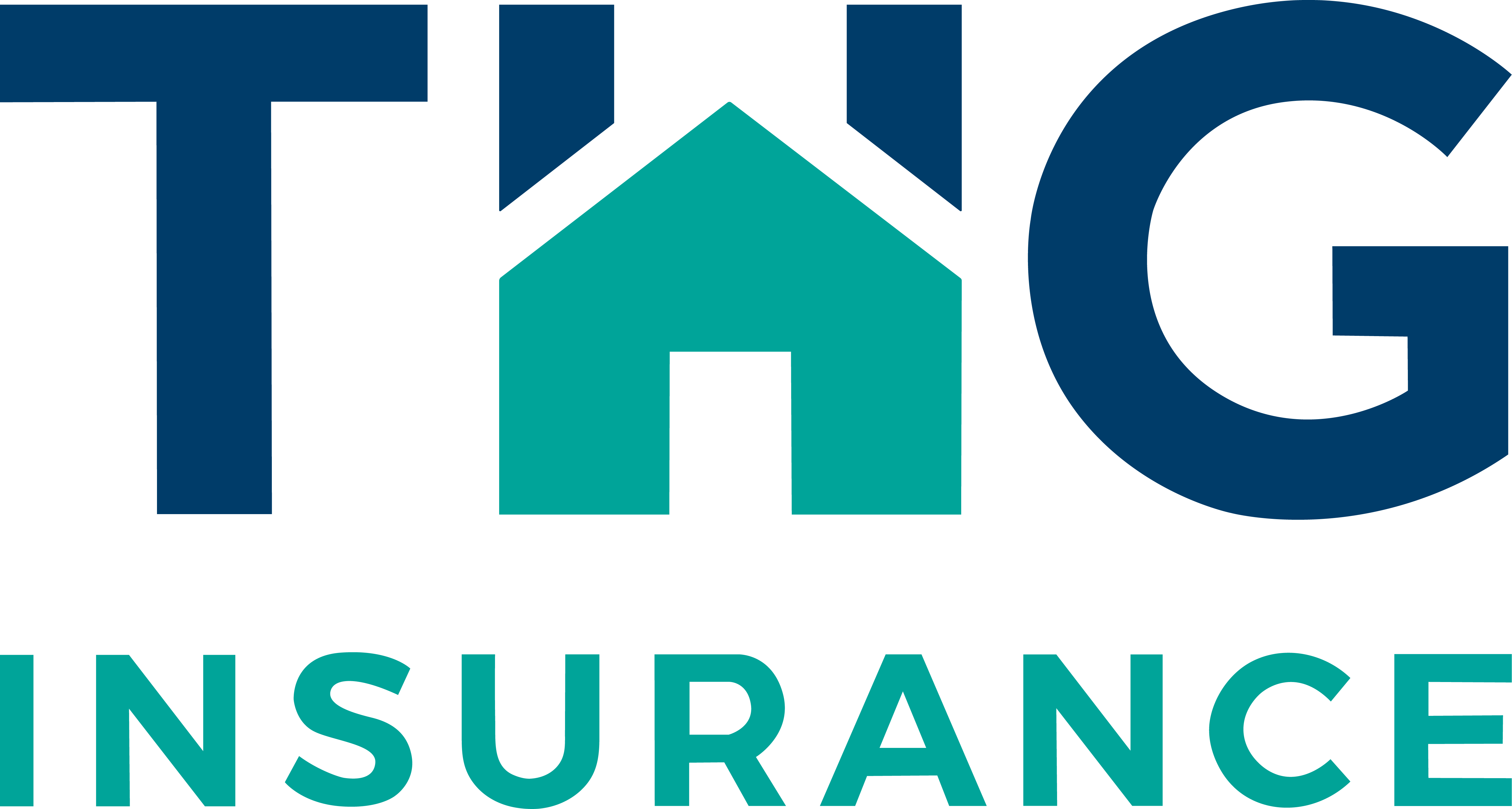Key Takeaways:
- The average homeowners insurance deductible ranges from $500 to $2,500, but can be higher depending on your policy and location.
- A higher deductible can lower your home insurance premium, but means paying more out of pocket when you file a claim.
- Some events, like hurricanes or floods, may have separate deductibles. Know what your policy covers before you need it.
Choosing the right home insurance deductible is more than a number it directly affects how much you’ll pay out of pocket when you file a claim, and it influences your home insurance premium every month.
So, what’s the average homeowners insurance deductible and what should your home insurance deductible be?
If you’d like some help deciding what deductible makes sense for your home and budget contact The Huneycutt Group today for personalized guidance.
What Is A Homeowner’s Insurance Deductible?
A homeowners insurance deductible is the amount you pay out of pocket before your insurance company starts covering a covered loss. The purpose of the deductible is to reduce minor claims and keep insurance costs manageable.
This applies to most types of home insurance claims, such as fire, water damage, theft, or storm-related losses. Keep in mind that your home insurance policy spells out exactly how the deductible applies.
How Does A Deductible Work?
When you file a claim, your deductible amount is subtracted from the total payout. This isn’t like a health insurance deductible that resets yearly. It applies per claim.
Example:
Let’s say you have a wind and hail home insurance deductible of $2,500 and you experience $6,000 in roof damage from a hurricane. You’d pay the first $2,500 out of pocket, and your insurance company pays the remaining $3,500.
Real-Life Examples Of Paying A Home Insurance Deductible
To clarify how this works, let’s look at a couple of examples:
- Example 1: Imagine a severe storm hits your area, causing a tree to fall on your roof, resulting in $10,000 worth of damage. If your home insurance policy has a $1,000 deductible, you would pay the first $1,000 out of pocket, and your insurance company would cover the remaining $9,000. The deductible amount is subtracted from the total payout, so you’re only responsible for your share.
- Example 2: Let’s say a pipe bursts in your home, flooding your basement and causing $20,000 in damages. With a $2,500 deductible, you would pay $2,500, and your insurance would cover the remaining $17,500. In this case, your deductible reduces the total amount the insurer pays, leaving you with a manageable portion of the cost.
- Example 3: Suppose your property is vandalized, resulting in $3,000 worth of damage. If your deductible is $500, you would be responsible for paying that $500, and your insurance would cover the remaining $2,500.
- Example 4: A kitchen fire causes extensive damage, totaling $20,000. If you have a $1,500 deductible, you would need to pay $1,500 before your insurance company steps in to cover the remaining $18,500. The deductible applies to each claim, so it’s essential to choose an amount that fits your financial situation.
Is A Wind And Hail Deductible Separate?
In some states, homeowners may have separate wind and hail deductibles, particularly in areas prone to severe weather. This deductible is often higher than your standard deductible and only applies to damages caused by windstorms or hail.
Types Of Homeowners Insurance Deductibles
There are different types of deductibles, and understanding these can help you make a more informed decision.
Flat Dollar Amount Deductible
This is the most common type of deductible, expressed as a fixed dollar amount. For example, $500, $1,000, or $2,500.
Percentage Deductible
A percentage deductible is calculated as a percentage of your dwelling’s insured value. For example, if your Dwelling Coverage (Coverage A) is $200,000 and you have a 2% deductible, you would pay $4,000 before your insurance covers a loss.
Disaster Home Insurance Deductibles
Certain natural disasters require specific deductible terms under specialty insurance policies:
Earthquake Insurance Deductible
Earthquake deductibles are typically higher and are usually a percentage of the home’s value, often ranging from 5% to 20%.
Flood insurance deductible
Flood insurance deductibles can vary depending on your policy and provider, often ranging from $1,000 to $10,000.
Hurricane Deductibles
Often required in coastal states and calculated as a percentage of the dwelling’s insured value.
How Does My Deductible Affect My Rate?
Generally, the higher your deductible, the lower your premium and vice versa. That’s because a higher deductible shifts more risk to you, so your insurance company offers a lower rate. But if you choose a lower deductible, you’ll pay more in annual premium but less when you have a covered loss.
Ask yourself: Can you comfortably afford to pay your deductible out of pocket in an emergency?
What Types Of Home Insurance Coverages Don’t Have A Deductible?
Typically, these types of coverages don’t have a deductible.
Personal Liability Coverage
This coverage helps protect you if someone is injured on your property or if you accidentally damage someone else’s property. There is generally no deductible for liability claims.
Medical Payments Coverage
This coverage pays for minor medical expenses if a guest is injured on your property, regardless of who is at fault. Medical payments coverage usually does not have a deductible.
Additional Living Expenses
If your home becomes uninhabitable due to a covered loss, additional living expenses coverage helps pay for temporary housing and related costs. This coverage typically does not require a deductible.
Optional Coverages and Special Deductibles
Some insurance policies include options like:
- Scheduled Personal Property: High-value items like jewelry or art may have unique deductible rules.
- Water Backup: Often includes a minimum deductible separate from your main policy.
It’s important to understand how each deductible applies to specific types of insurance claims.
Why Is Understanding My Home Insurance Deductible Important?
Understanding your deductible is important because it affects both your financial responsibility in the event of a loss and your monthly insurance costs. The right deductible for you balances affordability with your comfort level for out-of-pocket expenses.
It’s also important to note that some optional coverages, like water and sewer backup, have a separate deductible which is normally only a few hundred dollars.
Deductibles For Renters Insurance Policies
If you’re a renter, you’ll likely encounter similar deductible choices for your renter’s insurance policy. The deductible applies to personal property losses, such as theft or damage to your belongings. As with homeowner’s insurance, a higher deductible can lower your premium but means more out-of-pocket expenses when you file a claim.
Ready to Make a Confident Choice?
Choosing the right deductible can reduce your monthly costs and protect you from financial surprises when you need your insurance coverage most.Contact the team at The Huneycutt Group today to review your homeowners policy.
Home Insurance Deductible FAQ
What is a normal deductible for homeowners insurance?
A typical deductible in coastal North Carolina ranges from $1000 to $5%, depending on your policy and coverage. The amount you choose should balance affordability with your willingness to pay out-of-pocket costs in the event of a claim.
Is it better to have a higher or lower deductible?
A higher deductible can lower your monthly premiums but increases your out-of-pocket expenses if you file a claim. A lower deductible means higher premiums but less financial burden during a loss.
Does homeowners insurance cover the deductible?
No, homeowners insurance does not cover the deductible. The deductible is the portion of the loss you are responsible for before your insurance kicks in.
Can you change your homeowners insurance deductible?
Yes, you can typically change your deductible when renewing your policy or at other times, depending on your insurer’s policies. Adjusting your deductible can help you better manage your premium costs.





